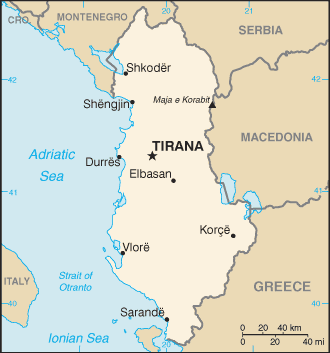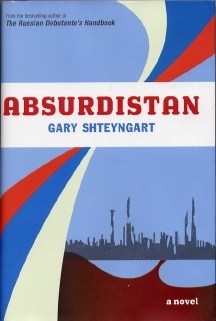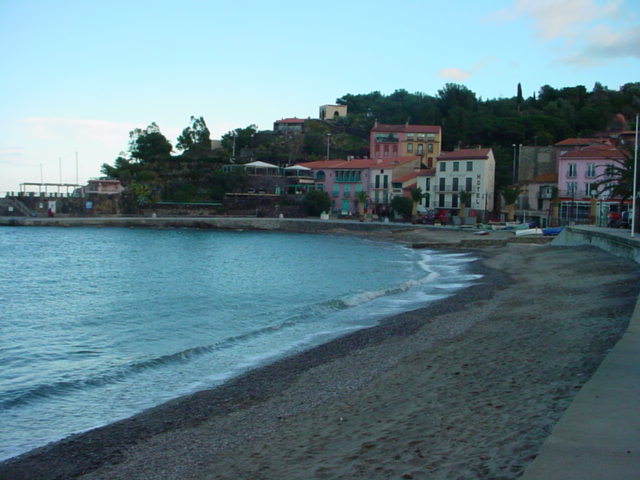 Excellent expose on Noka Chocolates (even the name sounds like bull*#$@) which I got via boingboing. And from the expose you really learn the difference between chocolate makers and chocolatiers, which I still hadn't learned from two years in chocolatier-filled Belgium. I've been praising Wittamer, Galler, etc., when the couverture-makers (Bonnat, Valrhona, etc.) determine the quality of the taste of the chocolate. (link - to Dallas Food article)
Excellent expose on Noka Chocolates (even the name sounds like bull*#$@) which I got via boingboing. And from the expose you really learn the difference between chocolate makers and chocolatiers, which I still hadn't learned from two years in chocolatier-filled Belgium. I've been praising Wittamer, Galler, etc., when the couverture-makers (Bonnat, Valrhona, etc.) determine the quality of the taste of the chocolate. (link - to Dallas Food article)Here is a list of alternative brands of chocolate where you will get your money's worth:
Amadei
Domori
Michel Cluizel
Valrhona
El Rey
Bonnat (where Noka actually gets its chocolate and marks up the price a few thousand times)
Then I was wondering where Marcolini, my favorite Belgian chocolate shop with the great packaging, gets its couverture....well, that is quickly answered. Marcolini makes his own couverture (from www.marcolini.be):
"Pierre Marcolini is uncompromising when it comes to choosing the raw materials for his products. Every year, this indefatigable chocolate “gringo” travels the world (Latin America, Mexico, Madagascar, Trinity Island, etc.) in search of cacao beans, the fruit that he uses as his logo.
Not satisfied with bringing back the best beans in the world to his ateliers in Brussels, this alchemist then subtly blends the beans from the different regions and works with original aromas to create unequalled flavours: ganaches made with teas from around the world, Origin “Crus” chocolate bars, etc.The advantage of creating your own coating* is undeniable: real products, rigorously selected ingredients that enhance each of the specialities with their specific flavours to create chocolates that are always different, always original, sometimes audacious, and that put us in mind of the best “Grand Cru” wines.
* Pierre Marcolini manufactures his chocolate himself (coating) using cacao beans that he selects personally. He is among the last three craftsmen working this way in Europe.
Not satisfied with bringing back the best beans in the world to his ateliers in Brussels, this alchemist then subtly blends the beans from the different regions and works with original aromas to create unequalled flavours: ganaches made with teas from around the world, Origin “Crus” chocolate bars, etc.The advantage of creating your own coating* is undeniable: real products, rigorously selected ingredients that enhance each of the specialities with their specific flavours to create chocolates that are always different, always original, sometimes audacious, and that put us in mind of the best “Grand Cru” wines.
* Pierre Marcolini manufactures his chocolate himself (coating) using cacao beans that he selects personally. He is among the last three craftsmen working this way in Europe.
The cacao beans selected during his travels arrive at the atelier and are rigorously checked by Pierre Marcolini himself, each “origin cacao bean” must be selected and processed in accordance with its quality.
The manufacturing process begins with roasting the beans to remove any residual humidity and to increase the aroma. The beans are then crushed and the mass that emerges is divided into miniscule particles, which are then ground. This is when the chocolate-making process begins: cacao, cacao butter, sugar and fresh vanilla from Tahiti. "
The manufacturing process begins with roasting the beans to remove any residual humidity and to increase the aroma. The beans are then crushed and the mass that emerges is divided into miniscule particles, which are then ground. This is when the chocolate-making process begins: cacao, cacao butter, sugar and fresh vanilla from Tahiti. "

















